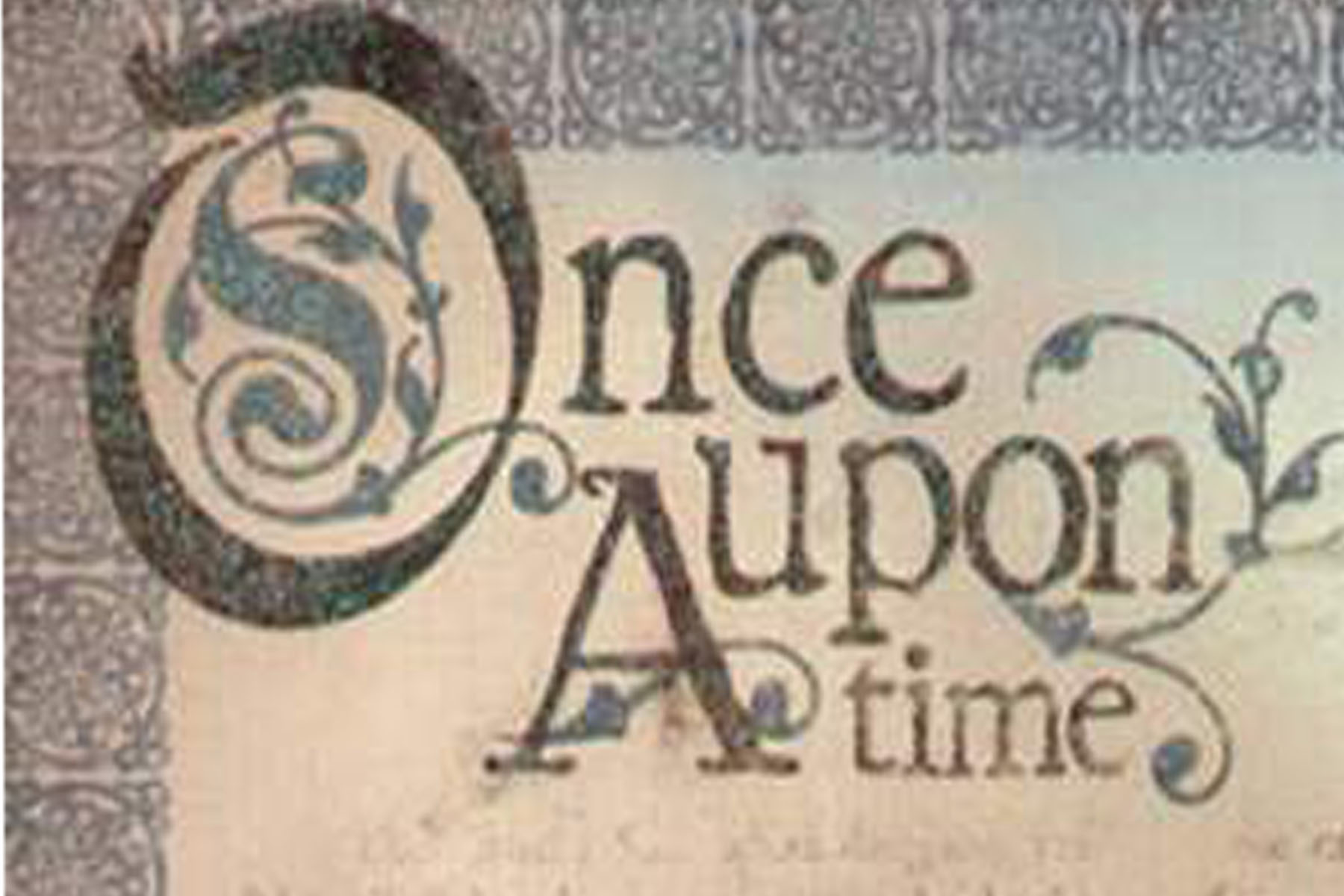 Last month I wrote a poem for a funeral reading. The deceased wasn’t a friend — he was my sister’s dear friend’s brother. So writing the poem took some time, as I’ve noted elsewhere. Of course, all poems — most writing of any kind — takes time. But writing a poem you know you’re going to read in public, for a man you didn’t know, is a little more than myy usual difficult.
Last month I wrote a poem for a funeral reading. The deceased wasn’t a friend — he was my sister’s dear friend’s brother. So writing the poem took some time, as I’ve noted elsewhere. Of course, all poems — most writing of any kind — takes time. But writing a poem you know you’re going to read in public, for a man you didn’t know, is a little more than myy usual difficult.
Still, writing is, as I repeated many times when thanked for the poem, what I do. In many ways, it’s what I am. After retiring, I had a moment (actually several weeks) of wondering what I would say when people asked what I do. I’m not currently employed FT — isn’t that what we mean when we say retired? Writers, however, don’t really ‘retire.’ Only the teacher I was is retired. And I’m still teaching, just not at my earlier position.
Buddhists are big on how nothing is static. Nothing is permanent. It’s all change, Grasshopper…I know this intellectually. I even know it on a bone-deep level in some contexts. Adult orphans get it: we have watched our childhoods slide into darkness with the last glimmer of recognition from a parent’s eye. What writing does for many of us — certainly for me — is allow us to reframe things. Quite literally, I change my past when I write, if I want to. In a story the wonderful Rachel Naomi Remen tells, she is relating to a friend how she has suffered terrible illness, great grief, and much tragedy. When she confides in the friend how victimised she felt, he responds: ‘What an amazing survivor you are!’ Remen is totally floored: it’s not what she had seen at all, but at that moment, it becomes her new frame for the past. That’s what writing does for me.
Earlier this past week I was on a panel looking at why writers write. One of the questions asked — and it pops up in most serious conversations about writing — is whether writers are trying to fight mortality — achieve immortality — through their writing. One of the three of us on the panel said yes, he thought quite clearly about his legacy, about living on through his words. The other was more ambiguous, but I’d guess he also felt more that way than do I.
I answered no, that immortality and my own death really don’t figure much into my writing. Or at least not in the sense that I want to live through my work afterwards. But I do want to ‘live through my work.’ I just mean something very different by that statement.
Writing is a conversation I hold w/ myself, not the dead. An essay about my father’s death isn’t a visit w/ Daddy, but a way for me to explore how I feel about him, what his death means to me. How our relationship has shaped me. Putting it ‘out there’ in the form of publication? That’s sometimes sheer vanity (now you know…): I’m an old journalist; I like seeing my name in print. What can I say?
 If I have conversations w/ anyone other than myself, it’s with the imagined reader. The writer Margaret Atwood says that we each have an ideal reader in our heads. The poet Ted Kooser agrees: his poem ‘Selecting a Reader‘ has his imagined reader actually putting Kooser’s book of poetry back on the shelf, more practical than poetic. He wants her to be autonomous, not to need him. I absolutely get it.
If I have conversations w/ anyone other than myself, it’s with the imagined reader. The writer Margaret Atwood says that we each have an ideal reader in our heads. The poet Ted Kooser agrees: his poem ‘Selecting a Reader‘ has his imagined reader actually putting Kooser’s book of poetry back on the shelf, more practical than poetic. He wants her to be autonomous, not to need him. I absolutely get it.
My imagined reader might be dead — to that extent, I’m speaking to the dead, if not with them. S/he might not even understand English. How do I know? Writing is always — for me, at least — a message in a bottle. Perhaps even an experiment, as the bottle message found 97 years after it was written. Sending writing into the world is a bit like breathing for someone else’s grief, the practice of tonglen. Both strangers — the imagined reader and the imagined sufferer — are the recipients of your attention. And perhaps writing is, ultimately, an act of compassion. An act that affirms transience and impermanence, the shifting nature of both attention & reflection. A meditation and a practice, for the writer even more than the reader. Or so say all of us ~

